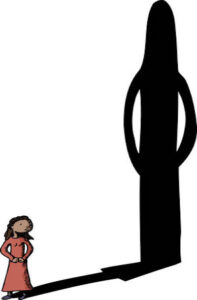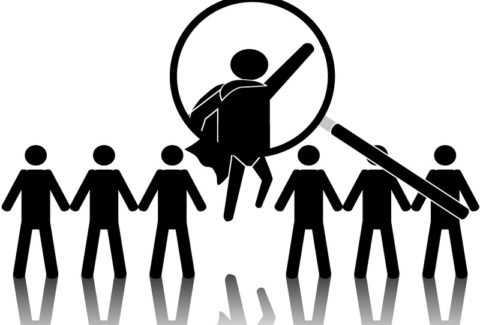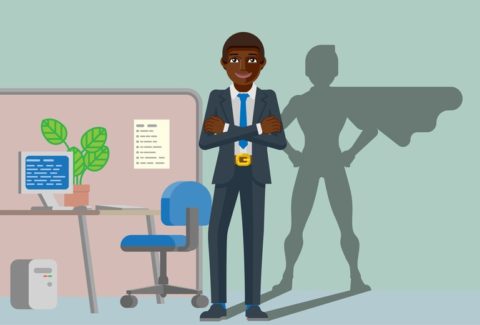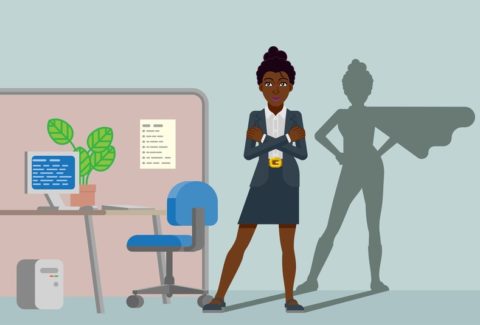The Complaining Free Day Exercise
“What you’re supposed to do when you don’t like a thing is change it. If you can’t change it, change the way you think about it. Don’t complain.” These words are by Maya Angelou, from her international best-selling book, entitled, “Wouldn’t Take Nothing for My Journey Now,” one of her “wisdom books.”
If one were to look at Maya Angelou’s childhood, it would be easy to understand and even empathize with why she would complain. For example:
-
She was not always that international acclaimed poet and writer as the world knows her today. In fact, some of her prior activities included being a fry cook, sex worker, and a nightclub dancer.
-
When she was eight, she was sexually abused and raped by her mother’s boyfriend
-
She told her brother about her rape and who had done it and her brother then told the rest of her family. It is believed that her uncles then killed her mother’s boyfriend. She then became mute for almost 5 years, believing, with her eight-year-old child’s brain that she had killed her mother’s boyfriend through her voice and that, “my voice would kill anyone.”
 The truth is, we all complain. We do, our friends and families do, our bosses, staff, and colleagues do, and our patients and clients do. And, it is all fine.
The truth is, we all complain. We do, our friends and families do, our bosses, staff, and colleagues do, and our patients and clients do. And, it is all fine.
Except that when we complain, we make ourselves a victim. Being a victim engenders additional unhelpful feelings. Helplessness, thoughts that we will never achieve something, that what is going on in our lives is someone else’s fault. The list can go on and on. Being the victim also allows us to take no responsibility for our lives and it allows us to play it, “safe,” and not follow our dreams, passions, and not really know our purpose.
Like Maya Angelou says, we can either change the situation or change the way we look at it. Anything besides that is not only a waste but a recipe for additional misery.
Maya Angelou, for example:
-
Did not allow the experience of her being raped and her fears that her voice killed the man who raped her, haunt her for the rest of her life. Instead, she became a singer, an actor, an orator, and fluent in multiple languages.
-
Being born in the midst of segregation and over thirty years before the Civil Rights Act, she chose taking action by becoming a civil rights activist, just like Martin Luther King, did.
-
She became the Northern Coordinator for the SCLC (The Southern Christian Leadership Conference), the organization that gave birth to Martin Luther King.
-
She worked alongside and became friends with Malcolm X and Martin Luther King.
-
She became a dancer, a writer, a director, a producer of plays, movies, and public television programs, and then became a professor.
The premise of CBT is that, “one’s interpretation of a situation rather than the situation itself determines the feelings and behaviors that follow.” This is another way to emphasize how unhelpful and damaging complaining can be. Yet, we all keep doing it, and the question is, Why?
Because we’ve made it a habit.
But there is something that can be done. And it is through the use of the Law of the Little Things.
Though the Law of the Little Things, we and our patients can practice giving up one day of complaining. It’s just one day. One day that is committed and promised to be a, “Complaining-Free-Day”.
There are many ways to make this powerful exercise interesting, entertaining, and stimulating. We will be addressing them in subsequent articles.
them in subsequent articles.
Meanwhile, do you want to think of a few ways? And can you enumerate three helpful results that our patients will surely get out of the Complaining-Free-Day exercise?
How exciting to be able to arm our patients and clients (and ourselves) with the tools that lead to a more fulfilled life.
We look forward to hearing from you.
As ever,
Karen and Mardoche









